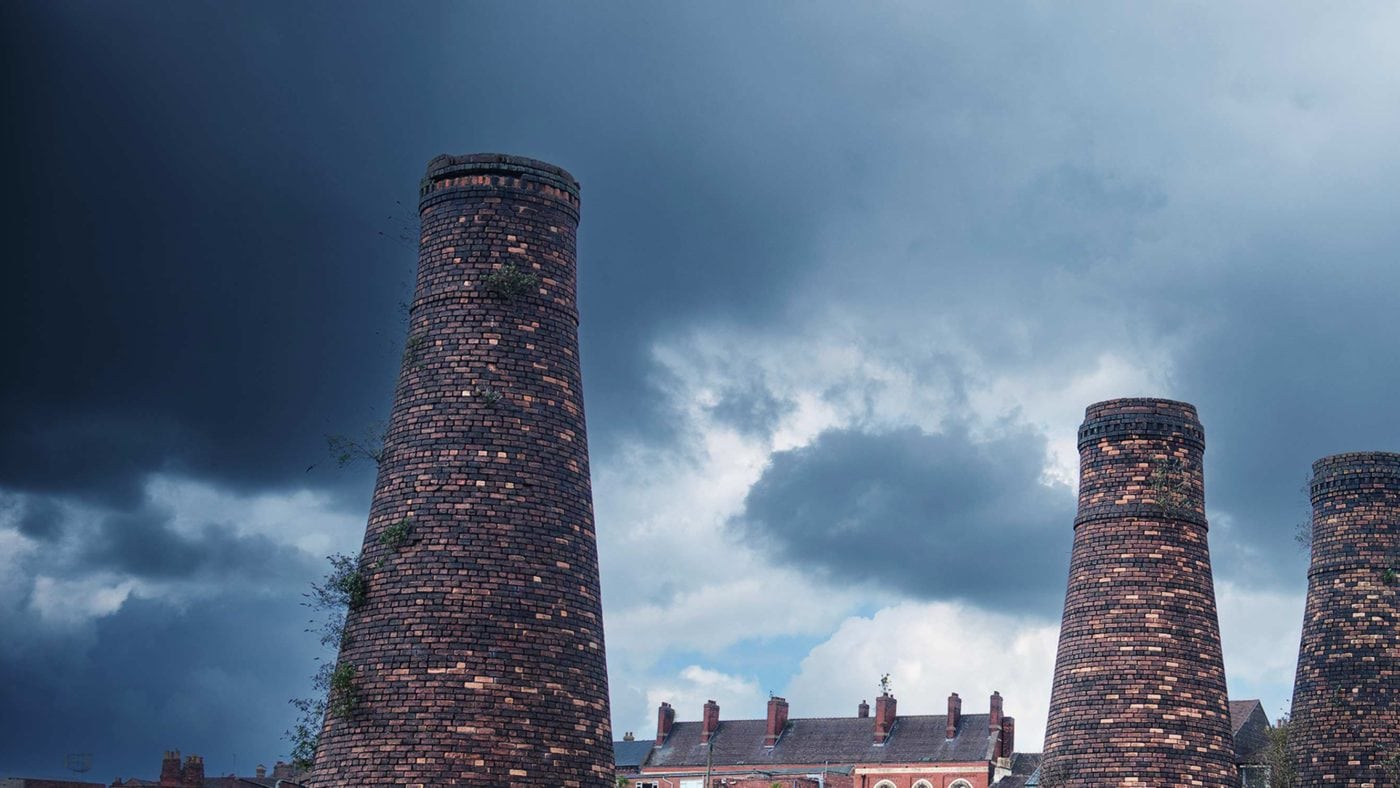Could the millions of column inches devoted to levelling up really come to naught?
Could the thousands of political speeches and columns promoting the idea turn out to have been a complete waste of time?
Could the bringing together of the intellectual prowess of Michael Gove, Neil O’Brien and Andy Haldane to write an entire White Paper prove to have been a waste of a policy supergroup?
I certainly hope not, but I fear it might be so. Certainly, the idea of levelling up as we’d come to understand it seems to be on life support.
It is not without irony that the very moment when voters in the Red Wall finally started to pay attention to the idea – and quite liking what they found – has coincided, almost exactly, with Liz Truss and Kwasi Kwarteng dropping levelling up in its current form down a hole.
Just what is it that the voters of Stoke, Darlington and Doncaster had decided to get behind? What was the definition of levelling up that had started to cut through?
Last month my colleague Ed Shackle was dispatched to Stoke to find out how the town was fairing three years after turning blue in 2019 and two years before the next election. His report ‘800 Days to Save Stoke‘ – based on a major exercise in ethnographic qualitative research – sets out what the people of the city think they need right now if its fortunes are to be transformed.
It turned out what the Potteries wants is reasonably aligned with what Gove and Johnson hoped to give them before they were hoofed out of office. This can be loosely summarised as local solutions for local problems (in things like vocational education), rebuilding civic pride, rejuvenated high streets, an emphasis on local identity in areas such as sport and heritage, and less antisocial behaviour and crime.
But that’s not what it looks like they’re going to get from Truss.
Instead, what we’re looking at is a libertarian version of levelling up, one that focusses, broadly, on non-geographically specific supply-side changes that will drive growth in a locale. These ‘investment zones’ – local authorities will bid for the right to reduce the burden of taxes or planning regulation – would put rocket boosters under the idea of ‘free ports’ that were part of Gove and Johnson’s plans, but ignore the broader social and civic ideas that went around them.
My colleague James Frayne argues that policies to roll back the state could, in fact, be sold to working class Red Wall voters if a strategically astute right-wing government were to promote them.
However, in my opinion they are very unlikely to prove popular when shorn of the other more interventionist and locally anchored interventions promoted in the recent Levelling Up White Paper. Not one single focus group participant I have ever spoken to has ever suggested that they wanted their town to be more like Singapore. Indeed, you often hear from people that they specifically didn’t want their neighbourhood to be like big international cities such as London.
What most people want is their town to be a better version of itself – cleaner and safer and happier – not a tax haven and not a Wild West for property developers.
Labour is still at the start of working out what its levelling up offer will look like. Shadow Levelling Up Secretary Lisa Nandy is an impressive communicator but she is yet to fully articulate a vision for places like Middlesbrough and Dudley, one that would see them turn red in 2024. Others on the left have been developing ideas. Andy Westwood, now a professor of politics at Manchester University and a former Labour special adviser, has, for example, been busy cooking up policies such as a Universal Basic Infrastructure and a Community Assets Register, but these are yet to be fully adopted or promoted by the opposition frontbench.
And so there is now a levelling up-shaped hole in our national political discourse. At the moment, the only frontline politician who has a clear idea how to fill it is on the back benches. His name is Michael Gove.
The question is can Labour come up with their own vision – and sell it to the public – in time for the next general election? Or will the Red Wall have to make do with Singapore-on-Tees?
Click here to subscribe to our daily briefing – the best pieces from CapX and across the web.
CapX depends on the generosity of its readers. If you value what we do, please consider making a donation.


